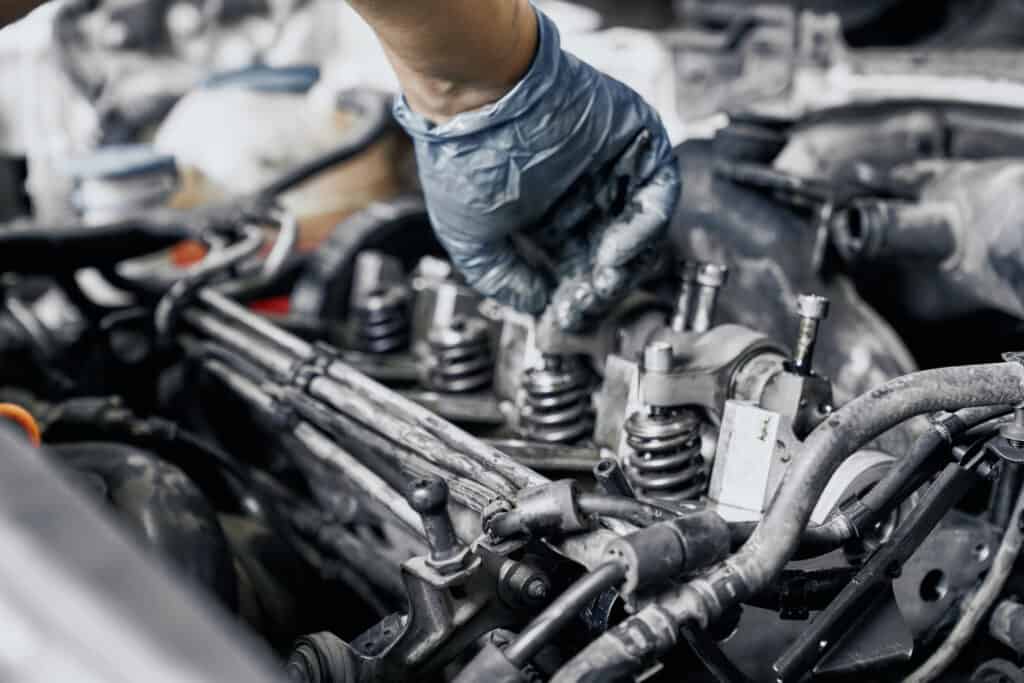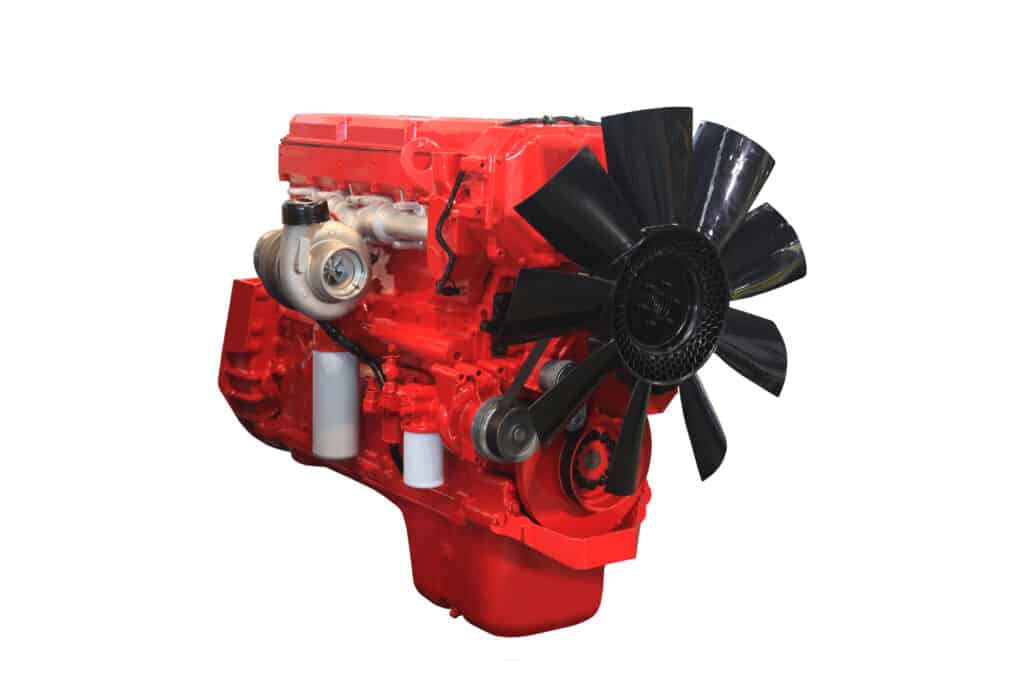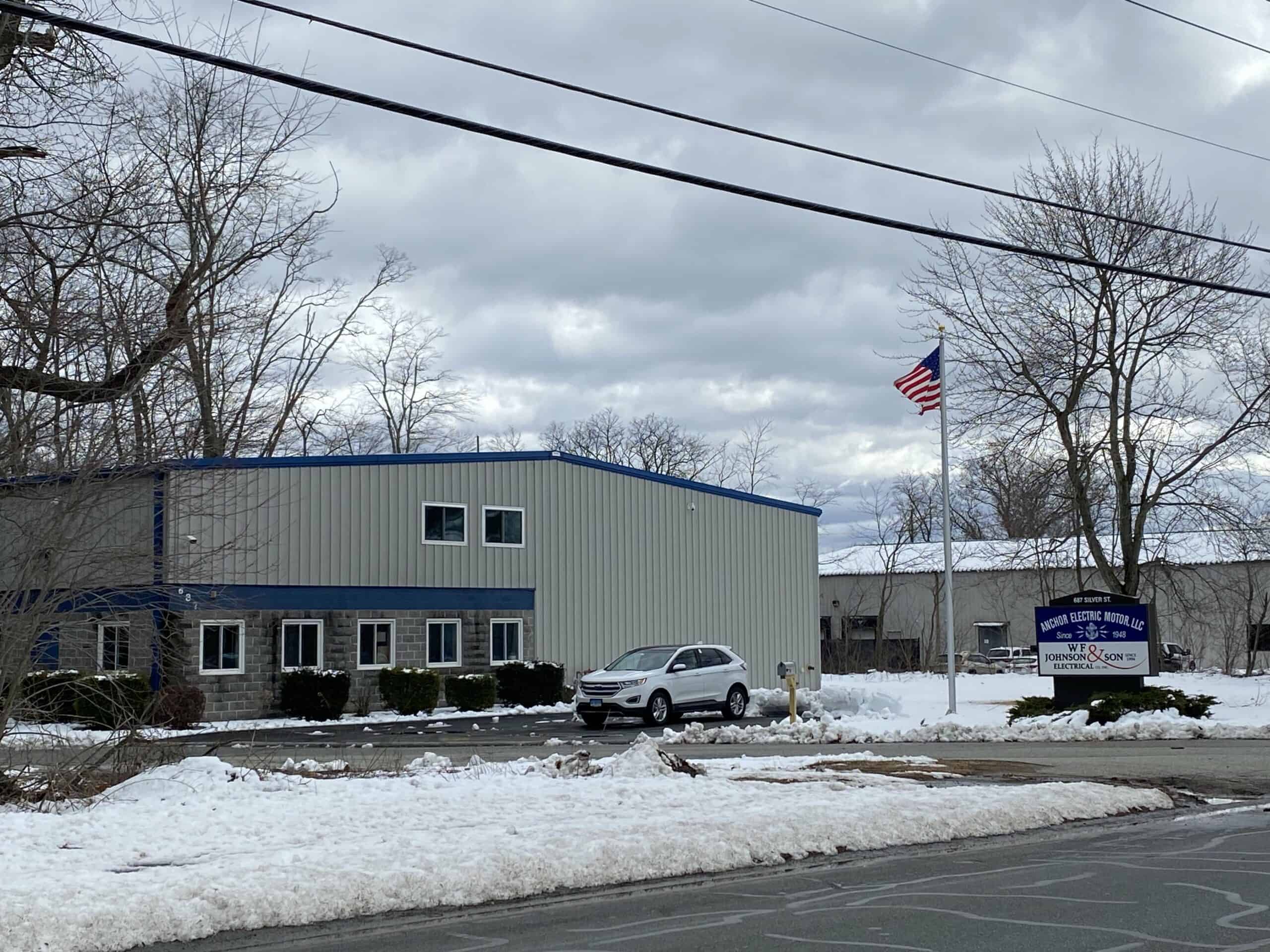Fuel Polishing
Fuel Polishing
Diesel engines, in particular, are subject to premature wear and damage from "dirty" fuel.
When fuel filters become occluded with impurities, restricted fuel flow negatively impacts filter―and engine―performance.
Operators might assume that newer engines are more accommodating of fuel problems, since they are more advanced. In reality, the opposite is true. Technology advances in recent years, including higher-pressure fuel injectors and pumps, make the use of clean fuel even more important. The reality is that for all engines―and newer engines in particular―a wide variety of unwanted agents, from water caused by condensation to oxidative particulates from the fuel tanks themselves, can cause serious problems.
Many generator operators have learned that diesel fuel, if kept clean, cool and dry, can be stored six months to one year without significant quality degradation. When a diesel engine pulls fuel from the tank, that fuel goes through a high-pressure fuel pump and enters the injectors, which operate under extreme pressure and high temperatures. Any fuel that the engine does not draw into the injectors returns to the tank. As a result, a large portion of a tank’s fuel can be continuously re-circulated and exposed to extreme pressure and heat.
This behavior results in the agglomeration of asphaltenes. Asphaltenes―in the form of asphalt―make great paving materials on roads, for roofs and as waterproof coatings, but they are very hard on engines.
Over time, these asphaltenes aggregate into larger clusters and solids that are very difficult for engines to combust. They can grow so large that they will not pass through the fuel filter, instead adding to the sludge that builds up and can clog the filter completely.
Compounding the problem, the hot fuel coming back to the tank raises the temperature of the remaining fuel, causing condensation that becomes water (and eventually, algae due to microbial contamination), which mixes in with the fuel. Heating also expedites fuel break down. The result is fouling of the fuel and a buildup of sludge and acid in the tank. The water and acid cause rusting and corrosion of the tank, further exacerbating fuel deterioration. Most of these contaminants settle to the bottom of the tank, but only temporarily. Upon every refuel, they are stirred up and can become suspended in the fuel.


Most engines cannot tolerate ongoing particulate contamination (prior to fuel filtration) greater than 50 milligrams per gallon (15 milligrams per liter). Injectors become clogged and damaged by particulate matter at a rate that corresponds to the size of the particles, but some damage is certain. Injectors damaged by impurities also cannot maintain correct fuel droplet size, which can prevent the fuel from firing properly when it enters the combustion chamber. Degraded fuel―especially if it is acidic, which is almost always the case―can also cause corrosion within fuel system components.

